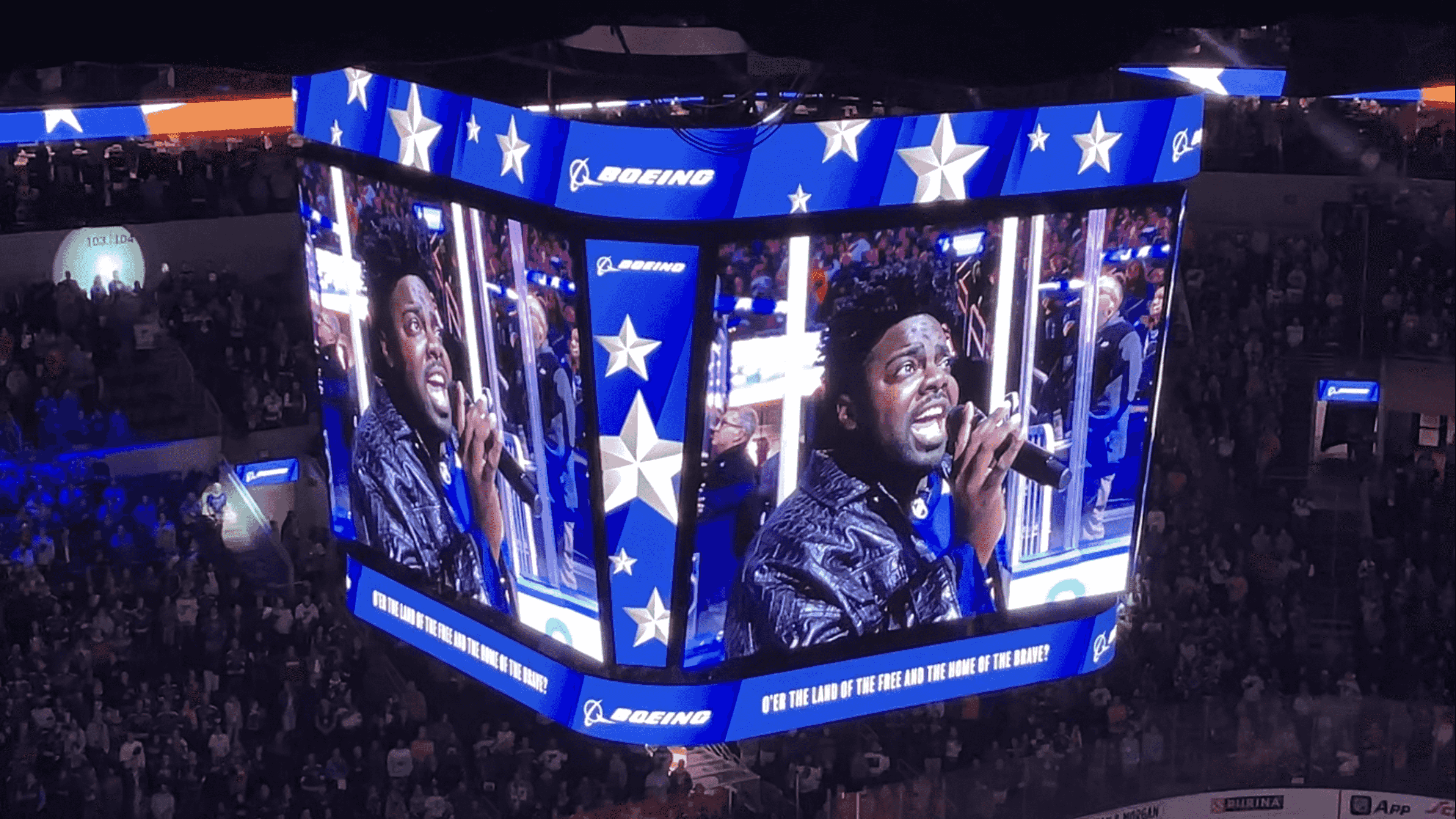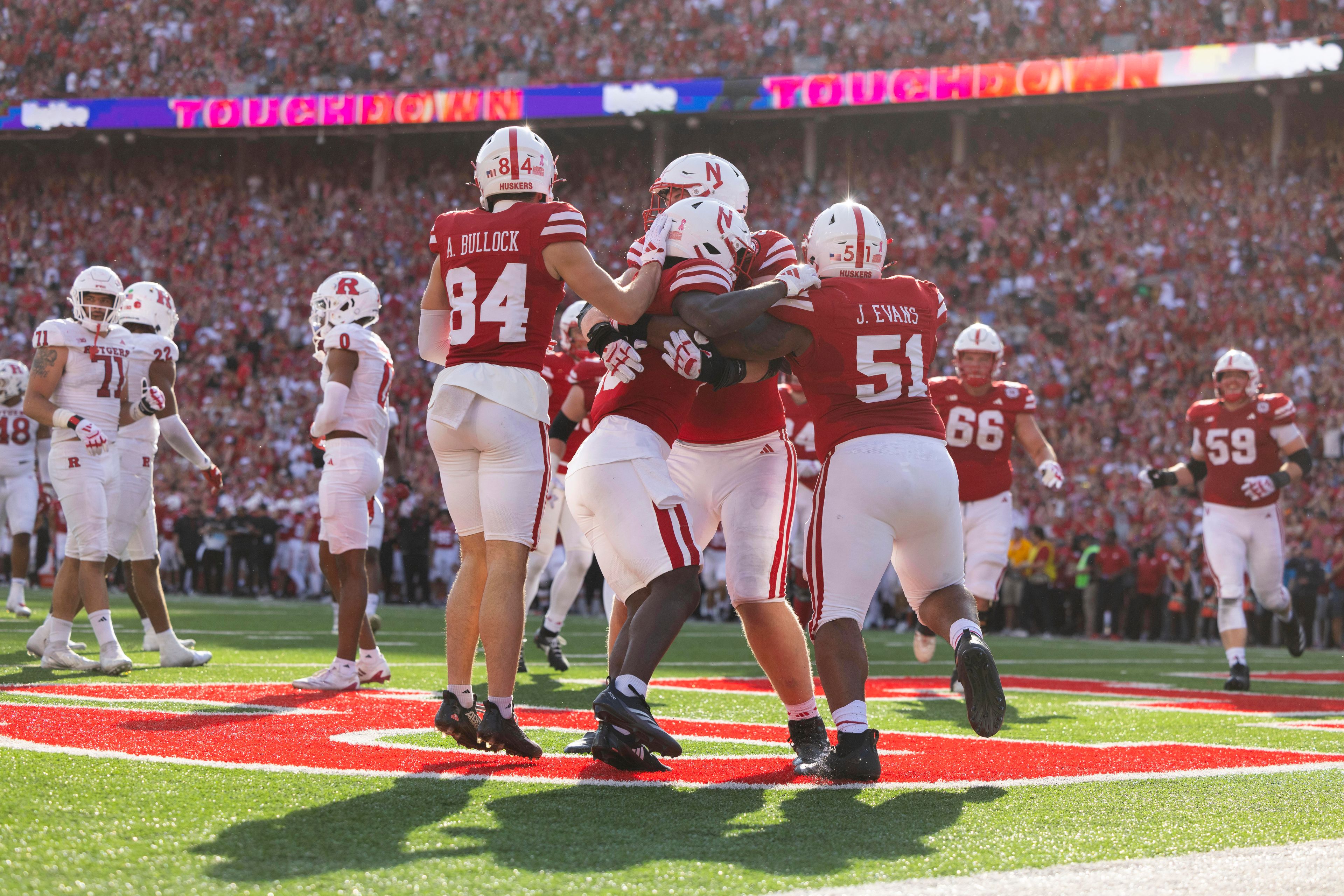Selig paints a gloomy picture amid labor woes
MILWAUKEE -- Painting a gloomy picture of baseball's immediate future, commissioner Bud Selig acknowledged the possibility of another work stoppage but hoped an agreement with players could still be reached. Speaking during an Internet chat and a news conference prior to Tuesday night's All-Star game, Selig repeated his calls for economic change in the sport that would redistribute money from the large-market clubs and the players, sending it to the small- and middle-market teams...
MILWAUKEE -- Painting a gloomy picture of baseball's immediate future, commissioner Bud Selig acknowledged the possibility of another work stoppage but hoped an agreement with players could still be reached.
Speaking during an Internet chat and a news conference prior to Tuesday night's All-Star game, Selig repeated his calls for economic change in the sport that would redistribute money from the large-market clubs and the players, sending it to the small- and middle-market teams.
A day earlier, the executive board of the players' association did not set a strike deadline but asked players on each team to give the board authority to call what would be baseball's ninth work stoppage since 1972.
Negotiations between players and owners resume Thursday.
"I'm happy they didn't set a strike date," Selig said. "There's so much pressure on both sides now. I don't really think we need any pressure. ... But we have differences, we have pragmatic differences, we have philosophical differences and we need to deal with those."
Proposed increases
Selig has proposed increasing the percentage of locally generated revenue shared by teams from 20 percent to 50 percent, and imposing a 50 percent luxury tax on the portions of payrolls above $98 million. The two plans would combine to slow the growth of salaries, and the union thinks it would come close to acting as a cap.
Some baseball executives have said another work stoppage would be preferable to continuing with the current system, which has seen the average salary rise from $51,500 in 1976 to $2.38 million on opening day this year.
"The clubs have convinced themselves, and have many people, that they cannot maintain the status quo," Selig said. "It is not working. In fact, there are people who really believe that the worst of all of all the alternatives facing us, status quo is the worst of the alternatives."
Selig and many other owners are angry the New York Yankees and other high-spending teams have dominated postseason play since the 1994-94 strike, which wiped out the World Series for the first time in 90 years.
Connect with the Southeast Missourian Newsroom:
For corrections to this story or other insights for the editor, click here. To submit a letter to the editor, click here. To learn about the Southeast Missourian’s AI Policy, click here.






